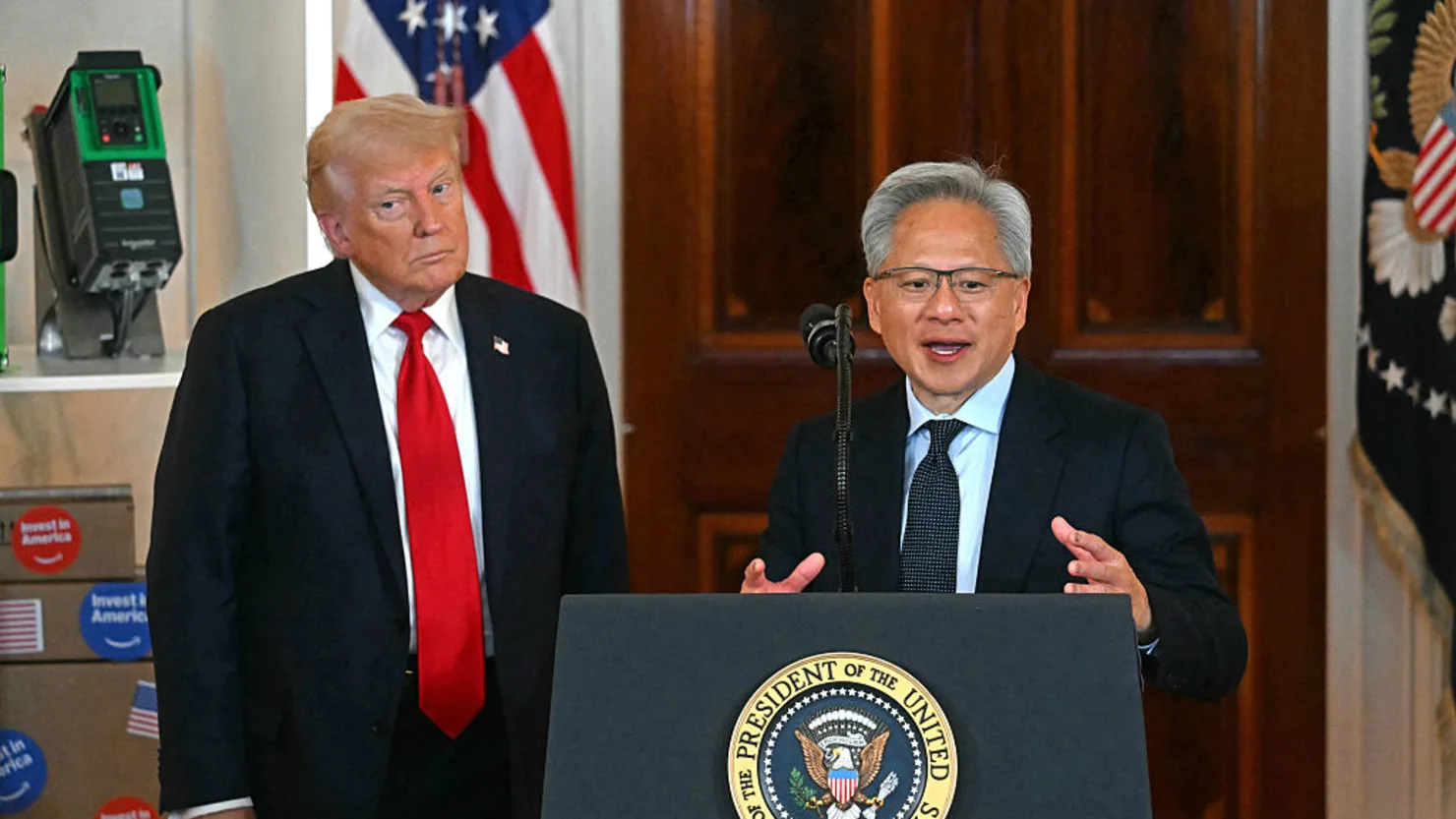The Trump administration is preparing to rescind the U.S. chip export restrictions, known as the “AI diffusion rule,” effectively preventing these artificial intelligence semiconductor limitations from being enforced next week. A Department of Commerce spokesperson confirmed this decision, following a Bloomberg report on the matter.
The spokesperson criticized the Biden administration’s AI export policy, calling it overly complex and bureaucratic, stating that it would hinder American innovation. Instead, the administration plans to implement a simpler rule designed to enhance U.S. leadership in artificial intelligence. This move aims to foster innovation and maintain America’s dominance in the rapidly growing AI sector.
Chipmakers, including major industry players such as Nvidia and AMD, have expressed strong opposition to the tiered restrictions, which would have imposed different export limitations depending on the country. AMD’s CEO, Lisa Su, emphasized the need to strike a balance between national security concerns and allowing broader access to U.S. chips, which would ultimately benefit the American chip industry. Nvidia’s CEO, Jensen Huang, also voiced concerns, stating that losing access to the Chinese AI market would be a significant setback.
Shares of Nvidia climbed in response to the announcement, reflecting the company’s support for this policy change. Nvidia has been vocal about its belief that restricting chip exports impedes U.S. leadership in advanced technology. A spokesperson for the company welcomed the administration’s decision, stating that revoking the AI diffusion rule presents a “once-in-a-generation opportunity” for the U.S. to lead the next industrial revolution. This shift in policy is seen as a chance to create high-paying U.S. jobs, develop new infrastructure, and help reduce the trade deficit.
The AI diffusion rule, originally proposed in the final days of the Biden administration, categorized countries into three tiers, each subject to varying levels of restrictions on whether advanced AI chips, such as those made by Nvidia, AMD, and Intel, could be exported without a license. These restrictions were set to take effect on May 15, but with the Trump administration’s decision to revoke the rule, U.S. chipmakers are now poised to benefit from a more favorable export environment.
READ MORE:
